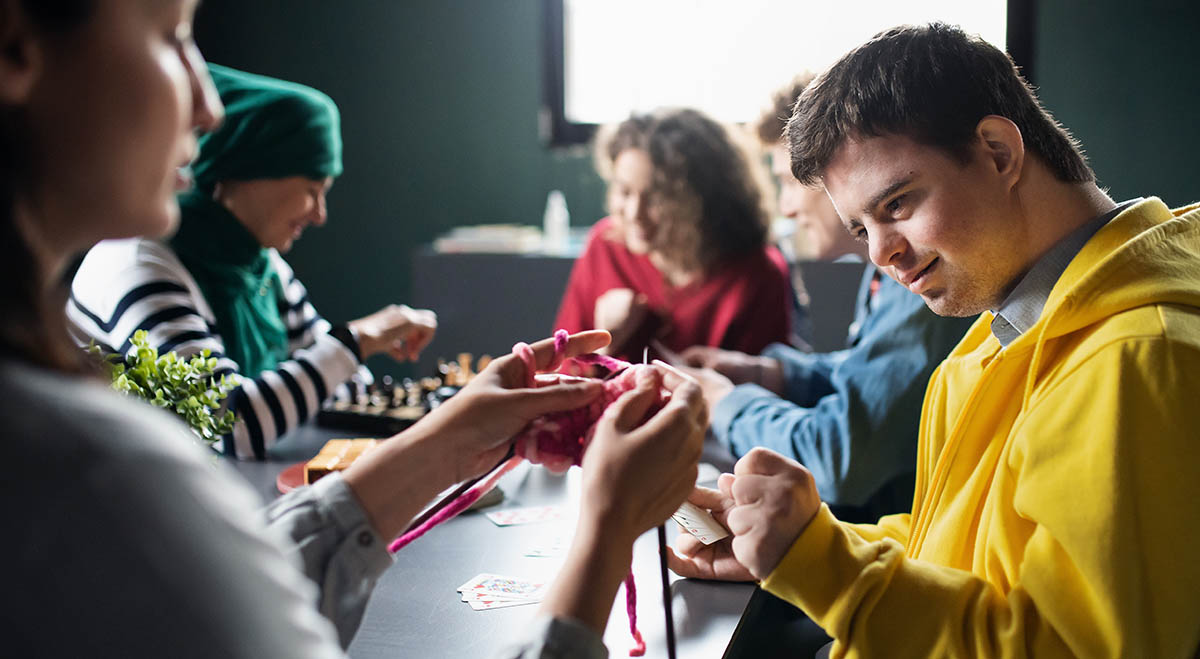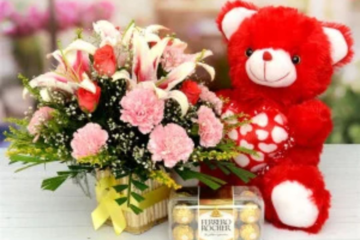Community support plays a vital role in the progressive treatment of South Asian LGBT individuals, offering a unique blend of emotional validation, cultural understanding and pragmatic assistance. Given that personal identity and mental well-being are profoundly influenced by family expectations and societal stigmas specific to this culture, communities play an even more essential role in providing nourishment.
As such focused networks like Being Boundless dedicated to supporting South Asian LGBTQ+ persons offer invaluable benefits that enhance their resilience while simultaneously facilitating psychological welfare.
Cultural Context and Challenges
Collective identity, family prestige and adherence to societal norms are highly valued in South Asian cultures. However, for individuals belonging to the LGBT community who identify with a different gender than assigned at birth or relate differently sexually, these values can hinder their acceptance resulting in rejection, discrimination and isolation. Ordinary therapeutic techniques may fall short when addressing culturally-specific issues leading to disconnect between therapists’ approaches and clients’ experiences. Hence it is crucial that members of the LGBTQ+ receive support from within their own communities as this bridges psychological interventions with culture-sensitive care practices effectively.
Progressive Therapy for South Asian LGBT Individuals: The Significance of Community Support
1. Supporting Emotional Needs and Validating Feelings
Being validated emotionally is a significant factor in the forward-moving therapy of LGBT individuals from South Asian communities. Providing this validation takes center stage within their community support network. Being Boundless has constructed safe havens where an environment without judgment can be cultivated through open discussions, facilitating individuals to share experiences free from fear or ostracization. Emotional validation is critical as it opposes negative self-perceptions and internalized homophobia that persists among those struggling with being LGBT-identified within Southern Asia’s societal norms.
Belonging to a community that recognizes the tensions between maintaining cultural traditions and embracing one’s sexuality provides individuals with much-needed relief. Participants of “Being Boundless” find solace in knowing others share their struggles, creating an environment where feelings of loneliness fade away. This solidarity is crucial for healing emotional wounds and promoting self-love within the group dynamics through acceptance.
2. Practical Assistance and Advocacy
Community support networks are vital for the welfare of LGBT individuals from South Asia, as they offer practical assistance in various forms such as mental health care, legal advice, housing support and facilitating access to healthcare providers who welcome members belonging to this group. “Being Boundless” plays an integral role by connecting its associates with culturally aware therapists possessing expertise not only specific to this demographic but also related broader sexual issues that benefit all orientations alike.
In addition, local, national and global advocacy efforts are common among these communities to uphold the rights and ensure acceptance of LGBTQ+ individuals from South Asia. By promoting meaningful policy changes and enhancing awareness about the unique challenges that this group faces, community organizations have a crucial role in creating an inclusive environment that is supportive and open-minded.
3. Cultural Competency in Therapy
In order to offer impactful therapy for South Asian LGBT individuals, therapists must possess cultural competence and comprehend the values inherent in their culture. This necessitates comprehension of family dynamics and societal pressures that may have an impact on them. “Being Boundless” community support groups play a significant role by providing essential knowledge about these subtleties, equipping mental health professionals with specialized training sessions, workshops, and resources designed expressly to respond effectively to the particular needs of clientele from this group.
If a therapist is working with an LGBT client who hails from South Asia, they may encounter complex challenges surrounding arranged marriages, familial obligations, and generational conflicts. To support therapists in developing more effective and empathetic treatment strategies for these unique cultural circumstances,”Being Boundless” offers valuable insights.
4. Mentorship and Peer Support
The effectiveness of progressive therapy is largely dependent on the support provided by the community, including vital components such as peer encouragement and mentorship. “Being Boundless” serves as a conduit for linking individuals in need of guidance with mentors possessing relevant experience in analogous circumstances. The rapport established between mentees and mentors confers not only practical counsel but also emotional fortitude to tackle crises confidently while prudently determining their future paths.
Mentors have the potential to share their own experiences on topics like revealing one’s identity, handling family disapproval and finding a sense of community. By conveying these real-life situations, they can provide those going through an identity crisis with hope and encouragement for what lies ahead. “Being Boundless” has made it their mission to create avenues for such connections by organizing several events and support groups suited for various stages in one’s journey towards self-discovery.
5. Social Integration through Community Events
Organizations such as “Being Boundless” play an important role in promoting social integration and reducing feelings of alienation, particularly among South Asian LGBT individuals. Through a variety of community activities that range from celebrating cultural heritage through festivals to expressing pride with marches, or fostering dialogue exchange and skill development through forums—these events offer opportunities for like-minded people to come together within a welcoming environment where authenticity is respected. In this way, they help foster greater affinity between participants who share common experiences and forge bonds that bring them closer together as a supportive group.
Participating in such events can give people a feeling of empowerment as they witness their own identity within the wider community and join a group movement. Being acknowledged and noticed through this engagement is vital for mental wellness, countering harmful societal messages commonly aimed at LGBT individuals from South Asian backgrounds.
6. Building Resilience and Empowerment
By offering a safe space for emotional release, essential support, and representation through organizations like “Being Boundless,” South Asian LGBTQ+ individuals can cultivate resilience and empowerment. This bolstered self-assurance allows these individuals to navigate their identities with greater confidence and fortitude thanks to the backing of their community. Over time, this assistance has a profound impact on mental health by helping its recipients persevere in spite of societal pressures or familial obligations that may seek to limit them – allowing them instead to thrive continuously despite external factors beyond their control.
Moreover, the feeling of empowerment from a society that provides support can motivate individuals to become advocates for themselves and their peers. This helps strengthen communities and promote positive changes. The “Being Boundless” movement exemplifies this reciprocal relationship between sustenance and empowerment as its members not only receive aid but also work towards creating a sustainable network among them.
The Final Verdict
The significance of community support for the transformative healing journey of South Asian LGBT individuals is paramount. Organizations like “Being Boundless” provide a crucial aid by extending emotional validation, cultural competence training, practical assistance as well as resilience-building programs and culturally relevant events that help reconcile their unique identities including culture and sexual orientation. These safe spaces offer a lifeline to those grappling with intersectionality while empowering vulnerable members across borders through belongingness. As this positive change cascades worldwide it promotes mental wellness among them at large.
Emphasizing the importance of community support in therapeutic settings is crucial amidst the evolving mental health care landscape. “Being Boundless” and similar entities exemplify culturally sensitive, community-based approaches that enhance diversity and quality of services – promoting greater empathy and equality throughout society.




